Advanced Tactile Sensing For Robotics
Advanced robot systems require sensory information to enable them to make decisions and to carry out actions in a versatile, autonomous way. Humans make considerable use of information derived through touch, and an emerging domain of robot sensing is tactile sensing. This book considers various aspects of tactile sensing, from hardware design through to the use of tactile data in exploratory situations using a multi-fingered robot hand.In the first part of the book, the current state of progress of tactile sensing is surveyed, and it is found that the field is still in an early stage of development. Next, some fundamental issues in planar elasticity, concerning the interaction between tactile sensors and the environment, are presented. Having established how the basic data can be derived from the sensors, the issues of what form tactile sensors should take, and how they should be used, are considered. This is particularly important given the infancy of this field. The human tactile system is examined, and then biological touch and its implications for robotics is looked at. Some experiments in dextrous manipulation using a robot hand are described, which apply some of these results. The integration of tactile sensors into a complete system is also considered, and another, novel, approach for using touch sensing in a flexible assembly machine is described.Both basic material and new research results are provided in this book, thus catering to different levels of readers. The chapters by world experts in different aspects of the field are integrated well into one volume. The editor and authors have produced a thorough and in-depth survey of all work in robot tactile sensing, making the book essential reading for all researchers in this emergent field.
{{comment.content}}
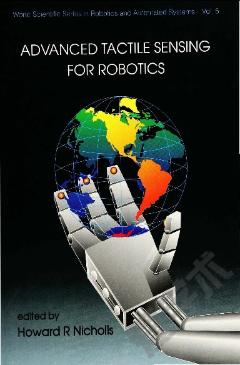
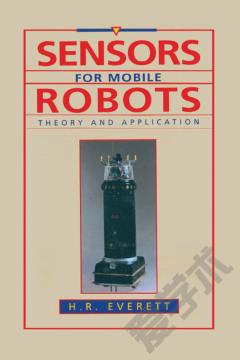
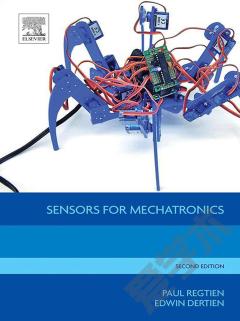

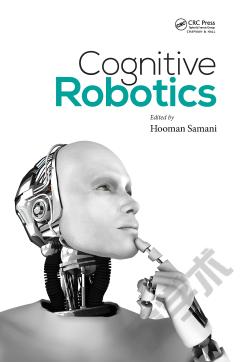
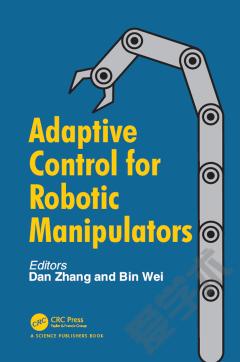


 京公网安备 11010802027623号
京公网安备 11010802027623号